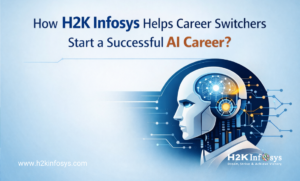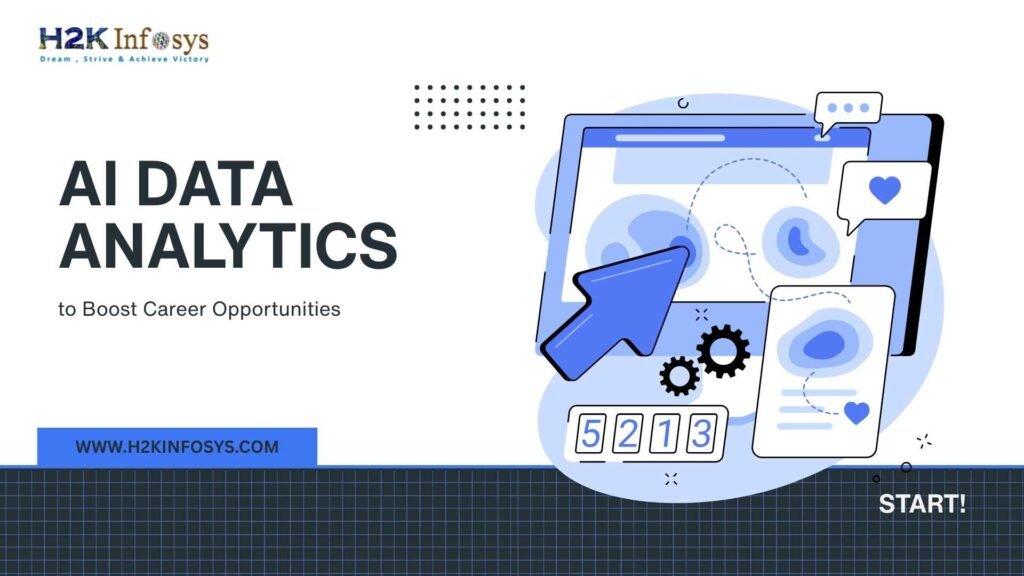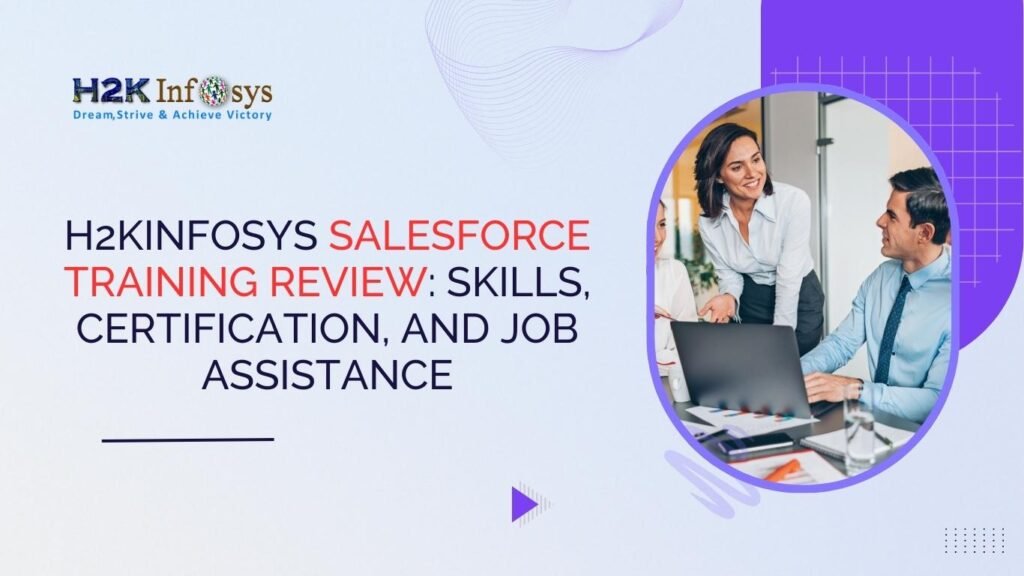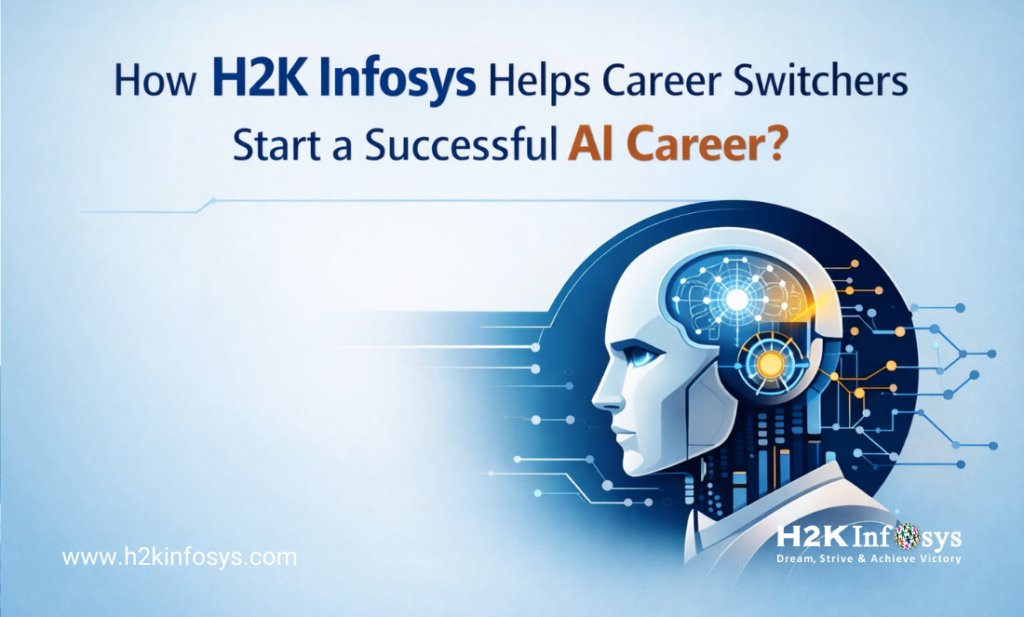Introduction: The Future of Agile is Now
The Future of Agile is unfolding faster than ever before. In today’s dynamic digital landscape, organizations across industries are shifting toward Agile frameworks to drive innovation, efficiency, and adaptability. Businesses that once relied on traditional models are now embracing Agile to stay competitive.
Agile is not just a methodology it’s a mindset that empowers teams to deliver faster, respond to change, and enhance collaboration. With the right Agile software training and Agile software certification, professionals can unlock the potential of Agile to transform their careers and organizations.
In this blog, we’ll explore the revolutionary Future of Agile, uncover positive trends shaping project management, and explain how Agile and Scrum training prepares professionals for success in a digital-first world.
The Evolution of Agile: From Concept to Transformation
When Agile first emerged in the early 2000s through the Agile Manifesto, it revolutionized how teams approached project management. Its focus on collaboration, adaptability, and customer satisfaction offered a refreshing alternative to rigid, documentation-heavy methodologies like Waterfall.
Over time, Agile evolved from a software development approach to a universal project management philosophy. Today, Agile is used in diverse sectors IT, finance, healthcare, manufacturing, and even education.
The Future of Agile: Expanding Beyond IT
The Future of Agile lies in cross-industry adoption. As businesses realize the power of iterative development, Agile is becoming the foundation of organizational agility. Companies are adapting frameworks like Scrum, Kanban, and SAFe to streamline workflows and improve delivery timelines.
With Agile certification online, professionals gain the tools to lead this transformation effectively.
Positive Trends Driving the Future of Agile
Agile continues to evolve, powered by new technologies, hybrid work models, and cultural shifts. Let’s examine the top trends defining the Future of Agile in project management.

a) Integration of AI and Automation
Artificial Intelligence and automation tools are reshaping Agile processes. Teams use AI-driven analytics to predict sprint outcomes, automate testing, and optimize resource allocation. For example, machine learning models can identify potential project bottlenecks before they occur.
This trend enhances productivity, enabling Scrum Masters and Agile Coaches to focus on strategy rather than manual tracking. Through Agile software training, learners can explore tools that integrate automation with Agile practices.
b) Scaled Agile Frameworks (SAFe) Adoption
Enterprises managing multiple teams across departments are adopting Scaled Agile Frameworks (SAFe). These frameworks align Agile principles across large organizations, ensuring synchronized delivery and consistent quality.
The Future of Agile will see even greater demand for professionals certified in SAFe and Scrum, as businesses prioritize scalability.
c) Agile for Remote and Hybrid Teams
Remote work has become the new norm. Agile practices are evolving to support distributed teams using virtual collaboration tools. Daily stand-ups, sprint retrospectives, and backlog management now happen seamlessly across time zones.
With Agile and Scrum training, professionals learn to manage communication, accountability, and transparency in remote environments.
d) Focus on Continuous Learning and Upskilling
The Future of Agile emphasizes continuous improvement not only in project outcomes but also in team skills. Organizations now encourage employees to pursue Agile software certification and regular retraining to keep pace with new frameworks.
e) Customer-Centric Agile
Modern Agile practices prioritize delivering customer value above all else. Teams gather real-time feedback and adapt products quickly, ensuring high user satisfaction. This shift towards customer-centricity defines the Future of Agile in every industry.
The Future of Agile and Scrum: Collaboration at Scale
Agile and Scrum continue to dominate the landscape of modern project management. Scrum, with its structured roles (Scrum Master, Product Owner, Development Team) and iterative approach, remains a cornerstone of Agile practice.
The Future of Agile involves enhanced collaboration through real-time analytics, cloud tools, and AI assistants that track sprint progress and suggest improvements automatically.
Real-World Example
A global software firm integrated AI with Scrum ceremonies. Automated tools analyzed sprint velocity, identified dependencies, and offered real-time insights. As a result, project delivery time reduced by 25%, and sprint predictability improved drastically.
Professionals who undergo Scrum Master training and placement gain exposure to such real-world tools and workflows, preparing them for leadership roles in Agile environments.
Agile Metrics and Data-Driven Project Management
One of the most significant shifts in the Future of Agile is the reliance on data-driven decision-making. Teams now use metrics such as:
- Velocity: Measures completed work per sprint.
- Cycle Time: Tracks how long it takes to complete tasks.
- Lead Time: Monitors the time between request and delivery.
- Burndown Charts: Visualize progress and forecast completion.
Through Agile software training, learners gain hands-on experience interpreting these metrics and optimizing performance. Data-driven Agile ensures transparency and continuous process improvement.
Agile Meets DevOps: A Unified Future
The integration of Agile and DevOps represents a major milestone in the Future of Agile. While Agile focuses on iterative development, DevOps ensures continuous integration and delivery. Together, they create a seamless cycle of innovation and deployment.
Professionals trained in both Agile software certification and DevOps gain a competitive edge. They understand how to automate pipelines, reduce deployment risks, and align development with business goals.
This combined expertise forms the backbone of modern, fast-paced product delivery systems.
The Rise of Agile Leadership and Culture
Agile success depends on leadership that encourages collaboration and experimentation. In the Future of Agile, traditional command-and-control management is being replaced by servant leadership—a model where leaders empower teams to self-organize and innovate.
Agile leaders prioritize trust, communication, and feedback. They nurture teams capable of adapting quickly to market changes.
With Agile certification online, learners develop leadership skills necessary to guide Agile teams and implement frameworks successfully across organizations.
Agile in Non-Tech Industries: Expanding Horizons
The Future of Agile extends beyond IT. Sectors like healthcare, education, finance, and construction are adopting Agile principles to enhance efficiency and collaboration.
- Healthcare uses Agile to accelerate research and patient care projects.
- Finance leverages Agile for regulatory compliance and faster innovation.
- Education integrates Agile into curriculum design and student project management.
These shifts prove that Agile’s adaptability makes it suitable for virtually any field.
How Agile Training Prepares You for the Future
Professionals who invest in Agile software training today are preparing themselves for tomorrow’s opportunities. H2K Infosys offers structured learning that combines theoretical knowledge with practical, hands-on experience.
Key Learning Areas Include:
- Agile Frameworks (Scrum, Kanban, SAFe)
- Sprint Planning and Backlog Management
- Product Ownership and Team Collaboration
- Metrics and Performance Optimization
- Agile Coaching and Leadership Skills
The Future of Agile demands professionals who can combine technical expertise with communication and leadership. H2K Infosys ensures learners are job-ready through Scrum Master training and placement assistance.
The Road Ahead: What’s Next in Agile Innovation
As organizations continue to embrace digital transformation, Agile will evolve even further. Here are a few predictions about the Future of Agile:
- AI-Enhanced Agile Tools: Predictive analytics for sprint forecasting.
- Cross-Functional Teams: Blending developers, data analysts, and business strategists.
- Agile in Government Projects: Improving efficiency and transparency.
- Increased Global Adoption: Agile becoming the universal standard for project management.
These advancements make Agile a lifelong skill for professionals seeking continuous career growth.
Key Takeaways
- The Future of Agile is data-driven, AI-enhanced, and cross-industry.
- Agile software certification empowers professionals to lead in changing environments.
- Agile and Scrum training builds collaboration and adaptability.
- Continuous learning is essential for long-term success in the Agile world.
- H2K Infosys offers hands-on Agile certification online with job placement support.
Conclusion: Step into the Future of Agile with H2K Infosys
The Future of Agile represents opportunity, innovation, and growth. As project management evolves, those skilled in Agile practices will lead the way.
Take the next step in your career!
Enroll in H2K Infosys’ Agile software training and gain globally recognized Agile software certification. Build real-world expertise through live sessions, mentorship, and job placement support to shape your successful Agile career today.

























